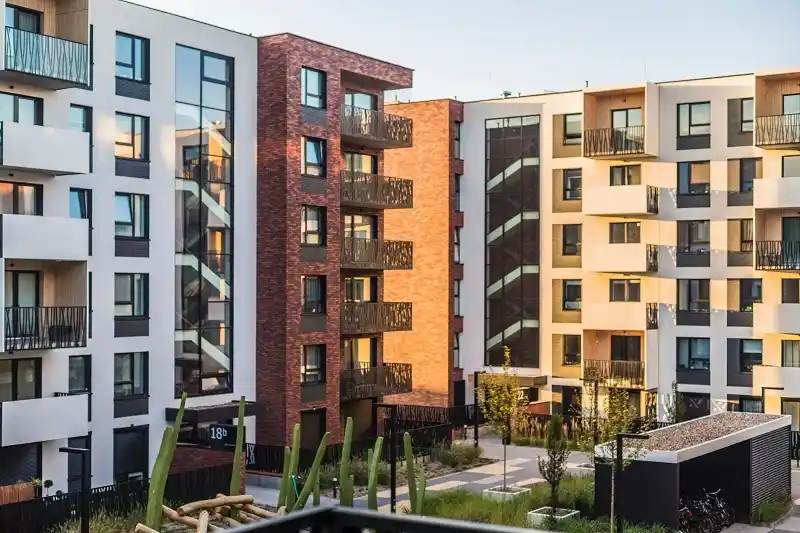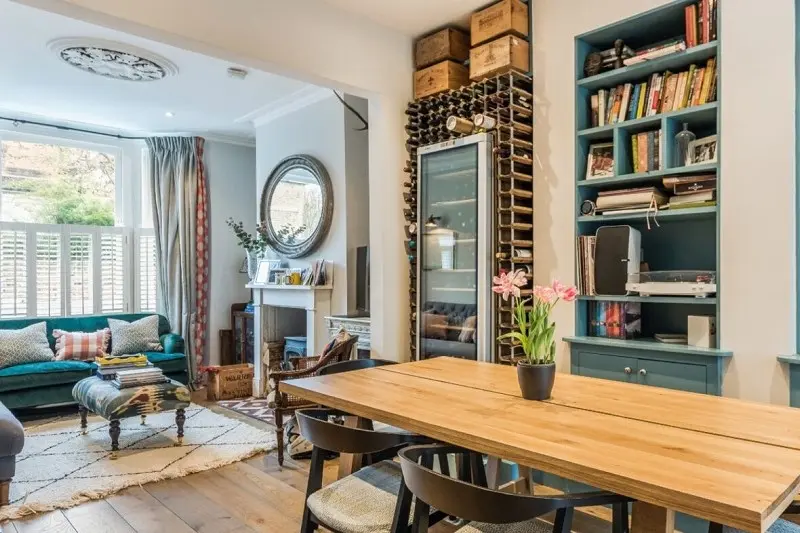When stepping into the world of property ownership in the UK, one of the first hurdles you’ll encounter is understanding the difference between leasehold and freehold. It’s a decision that could shape your experience as a homeowner, affecting everything from your monthly costs to your freedom to renovate. For anyone looking to buy a house, flat, or bungalow, grasping these concepts is not just useful—it’s essential. This article dives into what leasehold and freehold ownership mean, how they differ, and what you should think about before signing on the dotted line, all tailored for a British audience navigating this often complex market.
What Does Freehold Ownership Mean?
Freehold ownership is the gold standard for many property buyers in the UK. When you purchase a freehold property, you own both the building and the land it sits on outright. There’s no ticking clock on your ownership—it’s yours for as long as you choose to keep it. This type of ownership is most commonly associated with houses and bungalows, where the property stands alone, free from shared spaces or buildings.
The appeal of freehold lies in the control it offers. Want to knock down a wall or build an extension? You can, without needing anyone’s approval. There’s no ground rent to pay, as the land belongs to you, and no service charges for communal areas, since there typically aren’t any. This independence can be a huge draw for buyers who value autonomy and want to avoid extra costs creeping into their budget.
Buying property in London has never been easier—our company has prepared a list to help you find the right property for your needs.
That said, freehold ownership isn’t without its demands. The responsibility for maintaining the property falls entirely on your shoulders. Whether it’s fixing a leaky roof or keeping the garden in check, the costs and effort are yours to manage. For some, this trade-off is worth it for the peace of mind that comes with owning both the bricks and the soil beneath them.

What Does Leasehold Ownership Entail?
Leasehold ownership, by contrast, introduces a layer of complexity. When you buy a leasehold property, you’re essentially purchasing the right to live in it for a set period, but the land it’s built on remains in the hands of a freeholder. This arrangement is most common with flats and apartments, where multiple properties share a single building or development.
The lease itself is a key factor here. It could last anywhere from 99 years to 999 years, but once it runs out, the property reverts to the freeholder. This finite term can create challenges down the line, especially if the lease gets shorter and you need to extend it—a process that can be both costly and time-consuming. Leaseholders also often face restrictions. Making changes to the property, like installing a new kitchen or even subletting, might require the freeholder’s permission, limiting your flexibility.
On top of that, leasehold comes with additional costs. You’ll typically pay ground rent to the freeholder for the use of their land, and if your property is part of a larger building, service charges will cover the upkeep of shared spaces like hallways, lifts, or gardens. These fees aren’t static—they can rise over time, sometimes significantly, which could affect both your finances and the property’s future value.
Despite these hurdles, leasehold properties often come with a lower upfront price tag, making them a popular choice for first-time buyers or those eyeing urban hotspots where flats dominate the market.
To simplify your search, especially if you are buying property in London, our company has created a list of carefully selected properties tailored to a variety of needs and preferences.

How Do Freehold and Leasehold Compare?
The differences between freehold and leasehold ownership go beyond just who owns the land. With freehold, your ownership is complete and perpetual. You’re free to use and modify the property as you see fit, and there’s no one else to answer to. Maintenance is your responsibility alone, but you won’t be hit with ground rent or service charges. This setup suits standalone properties like houses, where the boundaries of ownership are clear-cut.
Leasehold, however, ties you to a fixed term and a freeholder who retains ultimate control over the land. Your ability to alter the property can be limited, and you’ll share responsibility for maintenance, particularly in shared spaces. Alongside this, ground rent and service charges are part of the deal, and their potential to increase adds an element of uncertainty. This type of ownership is standard for flats, where the logistics of multiple residents in one building make outright ownership trickier.
The property’s value is another point of contrast. Freehold properties tend to hold their worth more steadily, unburdened by lease terms. Leasehold properties, meanwhile, can lose value as the lease shortens, especially if it dips below a certain threshold—say, 70 or 80 years—making them harder to sell or mortgage.
What Should You Consider Before Choosing?
Deciding between leasehold and freehold isn’t a one-size-fits-all choice. Several factors come into play, and weighing them carefully can help you pick the option that fits your needs.
Affordability is often the starting point. Leasehold properties, particularly flats, tend to be cheaper to buy than freehold houses, especially in pricey areas like city centres. But the initial savings can be offset by long-term costs. Ground rent and service charges can creep up, and if the lease term starts to run low, extending it could set you back thousands. Freehold properties might cost more upfront, but they spare you these ongoing expenses, offering a different kind of financial predictability.
Your appetite for control matters too. If you’re someone who wants the freedom to personalise your home without jumping through hoops, freehold is likely the better fit. Leaseholders, on the other hand, might find their plans stalled by freeholder rules—think restrictions on pets, renovations, or even renting out the place.
Our company has prepared such a list to help you find the property you seek more easily, especially if you are buying property in London.
Mortgage lenders have their say as well. They’re generally happier with freehold properties or leaseholds with long terms, as short leases can make financing tricky. If you’re eyeing a leasehold with fewer than 70 years left, you might struggle to secure a loan unless you can extend the lease first.
Maintenance is another piece of the puzzle. Freeholders take on all the upkeep themselves, which can be a burden if the property needs serious work. Leaseholders, while paying service charges, benefit from shared responsibility for communal areas, which can lighten the load.
Finally, think about the long game. Freehold properties often make for a more solid investment, with no lease to worry about eroding their value. Leasehold properties can be profitable too, but a shrinking lease term could dampen their appeal when it’s time to sell.

Wrapping It Up
Navigating the UK property market means getting to grips with the divide between leasehold and freehold ownership. Freehold hands you full ownership and control, free from time limits or extra fees, but it demands you manage everything yourself. Leasehold offers a more affordable entry point, especially for flats, yet it comes with a fixed term, restrictions, and costs that can climb over time.
Before you commit, take stock of your budget, your plans for the property, and how much responsibility you’re ready to shoulder. A bit of research—or even a chat with a property expert—can go a long way in ensuring you land on the right side of this choice. In a market as nuanced as Britain’s, being informed is your best tool for finding a home that works for you, now and in the years ahead.